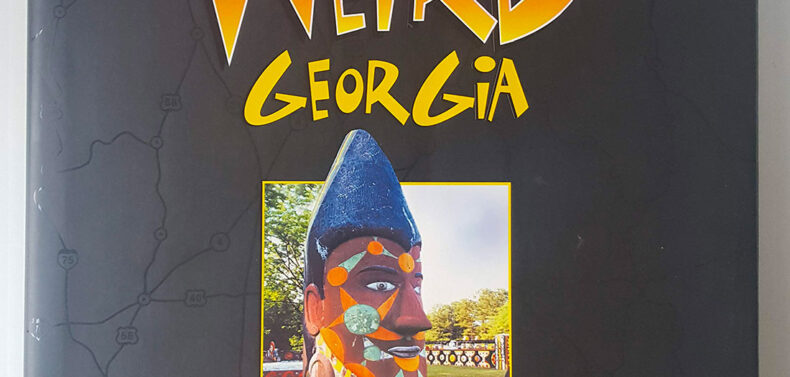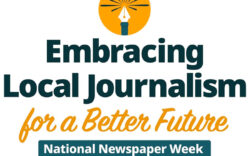“So many books, so little time,” said Frank Zappa. The musician ran out of time in 1993 when he died too soon at the age of 52, but for “we the living” of any age, books are one of the great pleasures of Earthly existence. Any time of the year is a time to enjoy good books, but summer is here, and the sultry season is a prime time for prose and poetry.
When I was a kid in small-town Georgia, the local library was a respite from daily life and a repository for books that took readers like me away from the humdrum reality and constricting social conditions of the Jim Crow South. Schools and churches were segregated in those bad old days in Dixie, but the town library was open to all. Poet Emily Dickinson wrote, “There is no Frigate like a Book to take us Lands away.” Town librarian “Miss Mamie” made sure that readers of every race could travel to imaginary “lands away” with books.
It was in the local library back in the late 1950s and early ‘60s that I first discovered the science fiction stories of Arthur C. Clarke and the fantasy tales of Ray Bradbury, whose chilling novel Something Wicked This Way Comes includes a town library like the one in his Illinois hometown that Bradbury frequented in his youth. In 1960 our town librarian here in Georgia was quick to acquire Harper Lee’s sensational new novel To Kill a Mockingbird. I was just 13 at the time, but my first reading of To Kill a Mockingbird convinced me that it would become an American classic. It did.
In 1962, Barbara Tuchman published her seminal volume about the origins and tragedy of World War I, The Guns of August. The book won a much-deserved Pulitzer Prize, and it remains one of the best books published about “the war to end all wars” that only led to more war. The volume impressed me in 1962, and it still does so today.
A much newer book that was published just last year is Nuclear War: A Scenario by Annie Jacobsen. This year marks 80 years since atomic weapons were dropped on Japan in 1945. Jacobsen’s book says that those first nuclear bombings may not be the last. She writes a minute-by-minute timetable of global catastrophe that begins with the launch of a North Korean missile and ends in an Atomic Age nightmare. This book is the most frightening nonfiction account of nuclear war that I have ever read, even more frightening than author John Hersey’s 1946 book Hiroshima, which told the stories of survivors of the atomic bomb that exploded over that Japanese city in 1945. Only fictional tales of nuclear holocaust like Pat Frank’s Alas, Babylon (1959) or Philip Wylie’s Triumph (1963) can compare with the suspense of Nuclear War: A Scenario.
On a more cheerful note, the 2006 book Weird Georgia by Jim Miles lives up to its subtitle as “A Travel Guide to Georgia’s Local Legends and Best Kept Secrets.” Florida is known for its animal, vegetable and especially human oddities, but Weird Georgia shows that the Peach State has more than its share of offbeat people, places and things. Included in Weird Georgia are essays and photos about “The Tree That Owns Itself” here in Athens and the Elvis Presley memorabilia collected by former Athenian and eternal Elvis fan Joni Mabe, “The Queen of the King.”
A hundred years ago Americans lived in an exhilarating and sometimes frightening time that is justifiably called the Roaring Twenties. During today’s decade of the ‘20s, we would do well to read some history and learn some lessons from a century ago. Two books that bring to life a past America of flappers and flivvers, jazz and speakeasies, Al Capone and alcohol are Babbitts and Bohemians: The American 1920s by Elizabeth Stevenson (1967) and One Summer: America, 1927 by Bill Bryson (2013). Both books are literary time machines that take readers on lively romps through a decade that resonates and fascinates today.
Novelist Stephen King was right: “Books are the perfect entertainment: no commercials, no batteries, hours of enjoyment for each dollar spent.”
Like what you just read? Support Flagpole by making a donation today. Every dollar you give helps fund our ongoing mission to provide Athens with quality, independent journalism.










